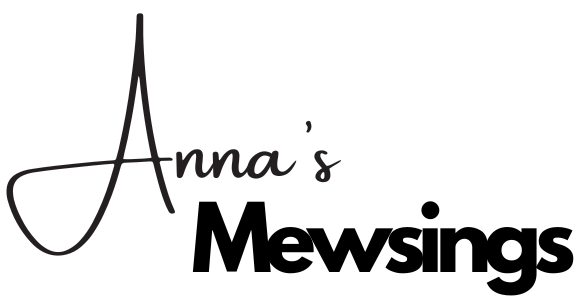NEW BEGINNINGS: Is it best to be an optimist?

For last year’s words belong to last year’s language. And next year’s words await another voice. And to make an end is to make a beginning.
T S Eliot
Two thousand and nineteen began for me in a very exciting way for me, with the birth of a second granddaughter. I make no apologies for my awe and wonder at the whole business of birth. Notwithstanding of course, that it generally involves most mothers in a measure of pain and discomfort. Unless perhaps those lucky ones who appear to drop babies the way some of us drop dishes. But in whatever manner a new arrival arrives, to give birth is an astonishing and magnificent feat. Not least perhaps because whenever a new human being lands on this planet it can bring a fresh sense of cheer to every signed-up optimist who, according to my old friend the Shorter Oxford, is: One disposed, under all circumstances, to hope for the best. But that’s not always easy.

Whenever we switch on the television, open a paper, or tap on our phones or computers the news we get tends to be negative. Gloom and doom seem to dominate at the moment. The fudge, muddle, uncertainty, and often unattractive behaviour of many politicians involved in Brexit, doesn’t cheer. Climate change is a huge concern, pollution and plastics is alarming in the extreme, and if it’s really an incontrovertible fact that 2 billion people in the world are obese and another 2 billion are malnourished – wow. It’s a lot to worry about. Or at the very least have cause for anxiety.
Maybe we need a different take on the world? One that doesn’t rely so much on the negative, doesn’t promote unnecessary anxiety, doesn’t generalise and doesn’t blame! Can we find such a view?
Hans Rosling, in Factfulness published a year after his death in 2017, gives ten very cogent reasons, based on human instinct, why it’s incredibly easy to tumble into the pits of pessimism. But most importantly, how to re-think our thinking. Some months ago, a good friend of mine told me about this book. Reading it right now is like the sun coming out after a dark and gloomy day.

This brilliant Swedish physician, academic and expert adviser on global health to the World Health Organisation and UNICEF, was known internationally. Not just for his multi-million viewed TED talks but also for his ground-breaking analysis of problems in global health. What he demonstrates in this remarkable book, co-written with his son and daughter-in-law, is how much every one of us can be caught in a web of out-dated and misleading information. He shows very clearly that this can apply not simply to the general public – but also to business leaders, politicians, journalists and, sometimes, even scientists.
To lead us out of this trap in our thinking he cites ten instincts which guide us, generally quite unconsciously towards the decisions we make about the world. He explains how we tend to categorise, generalise, blame and fear that the world is rapidly going to hell in a handcart. When actually, although there’s still much work to be done, there is considerable global improvement in living in health, wealth and general living standards.
To demonstrate his views,the book starts with a test. In 2017, almost 12,500 people in 14 countries answered Rosling’s 13 fact-based questions. You chose what you believed to be the right answer from a, b, or c. A couple of examples: How many people in the world have some access to electricity? Or How many of the world’s 1 year old children today have been vaccinated against some disease? The answers were astonishingly pessimistic. On average, the score overall was just two correct answers out of the first twelve questions. Not one individual got all thirteen right. Yet the good news is that 80% of people in the world have access to electricity and 80% of the world’s 1 year old children are vaccinated against some disease.

Rosling ascribes this gloomy worldview notsimply to out-of-date knowledge, twisted propaganda or ‘fake news’ but from the very way the human brain actually works. Our instincts are towards the dramatic – and that can lead us seriously astray. He points out, ‘Though the world faces huge challenges, we have made tremendous progress. This is the fact-based worldview.’
At no point does he suggest the world is perfect. Just that it’s unquestionably getting better. It angers him to be called an ‘optimist’. He’s coined a word to describe his position – he’s a possibilist. I find this immensely reassuring. ‘I don’t, he says, ‘tell you not to worry. I tell you to worry about the right things.’ Towards the end, he highlights what he considers to be the Five Global Risks that do demand our awareness. And how, through Factfulness, in our daily lives, we can make a difference. Unsurprisingly, Education is top of the list.
On the front cover, Bill Gates says, ‘One of the most important books I’ve ever read – an indispensable guide to thinking clearly about the world.‘ What more can I say? Except perhaps that it’s also one of the most helpfulbooks I’ve ever read. It’s a very good and positive start to new beginnings in 2019. I hope more and more of us may become ‘possibilists!’
PS Six years have whizzed by since I wrote this. Now the thing I feel most concerned about is the world's leaders desultory reaction to the changes in our climate. They are affecting every living creature on this earth and in our seas and rivers. To what cliff edge must we all be driven before those in power wake up?




Comments ()